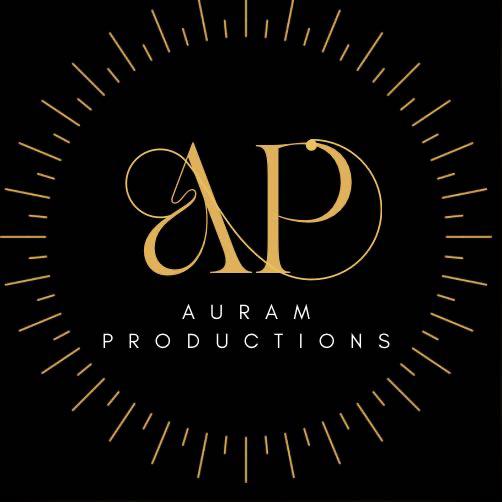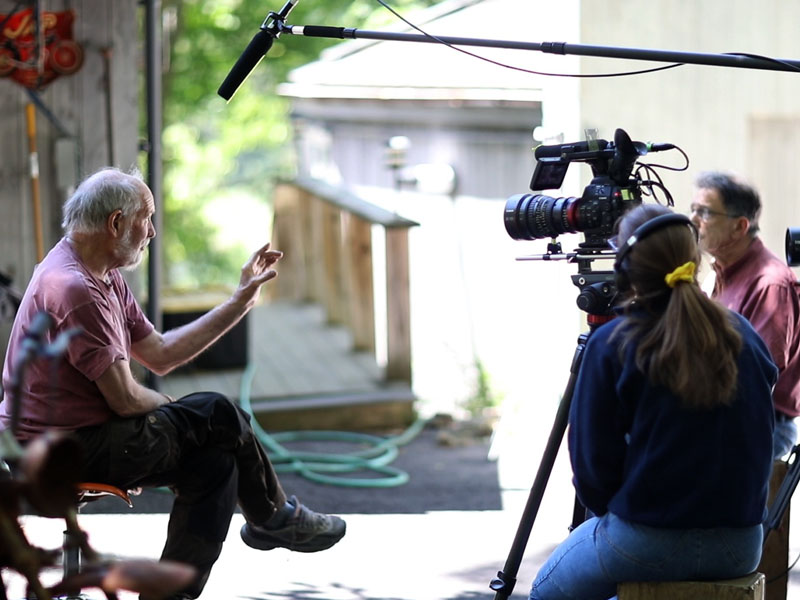Making documentaries is one of the most rewarding and challenging endeavors you can be involved in. Whether you’re at the beginning of your journey looking for documentary ideas, or you’re in the middle of production seeking videography tips, lighting tips or interviewing tips, or just trying to figure out how to write a script, making documentaries is a wonderful adventure.
Remember… filmmaking is an ART, not a science.
The only way to TRULY learn how to make documentaries is…..
…… to make documentaries.
Here are some basic guidelines to help you in your filmmaking journey.
Start with a subject that excites you. If you’re lukewarm about the subject matter, chances are, the final movie will be too. Make a documentary you’re passionate about and makes sense to YOU. There will be plenty of people who don’t “get” your idea. But if YOU get it, that’s what counts.
Learn everything you can about your documentary subject. Sometimes the story lines are obvious, sometimes not. Do a lot of digging and follow leads. This is where you put on your reporter hat. Gather facts and search for leads on interesting characters and story lines. The gems of your story are sometimes buried deep out of sight.
Create an outline. Think about HOW you’re going to tell your story. What’s the structure? The style? Is there existing footage or photos that help tell your story or will everything need to be shot brand new? Who is your primary character(s)? What are you core story points? What are the elements of your story that are compelling and/or make you “tingle” with intrigue? How can you create that intrigue for your audience? Is there some existing situation you can film or do you need to create the moment?
Once all of the footage is shot and you’ve gathered the various production elements, time to start organizing it into a script. Pinpoint the most compelling elements of your story and start crafting “mini-scenes” around those events. Remember, a script isn’t necessarily what’s spoken or a voice-over. A script describes what the audience is seeing AND hearing.
Even though this is near the end of the list, it should actually be something you keep in mind from the very beginning and throughout the ENTIRE filmmaking process. I cannot express enough the importance of this section. Please read through these few simple legal guidelines before starting on your project.

